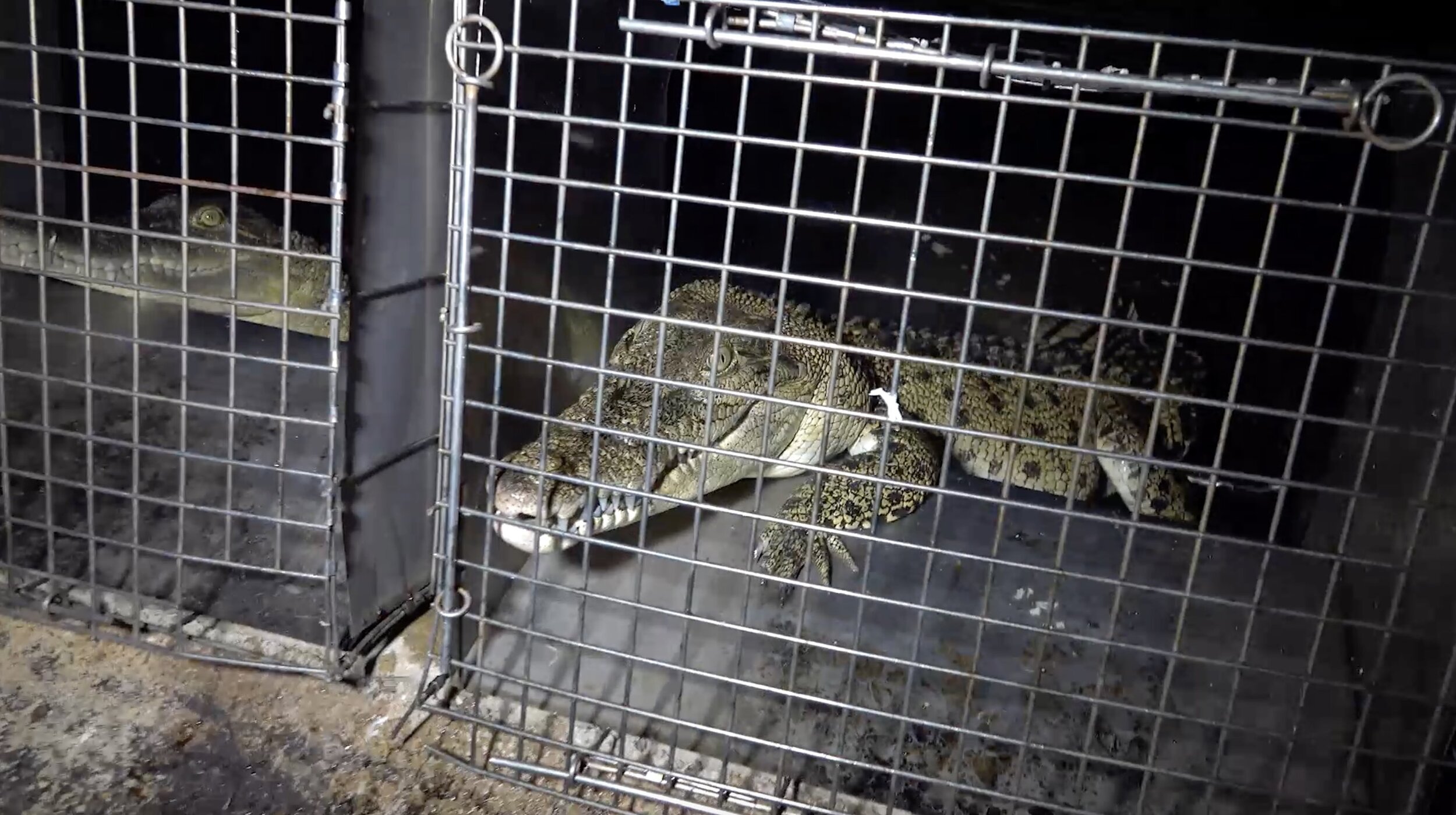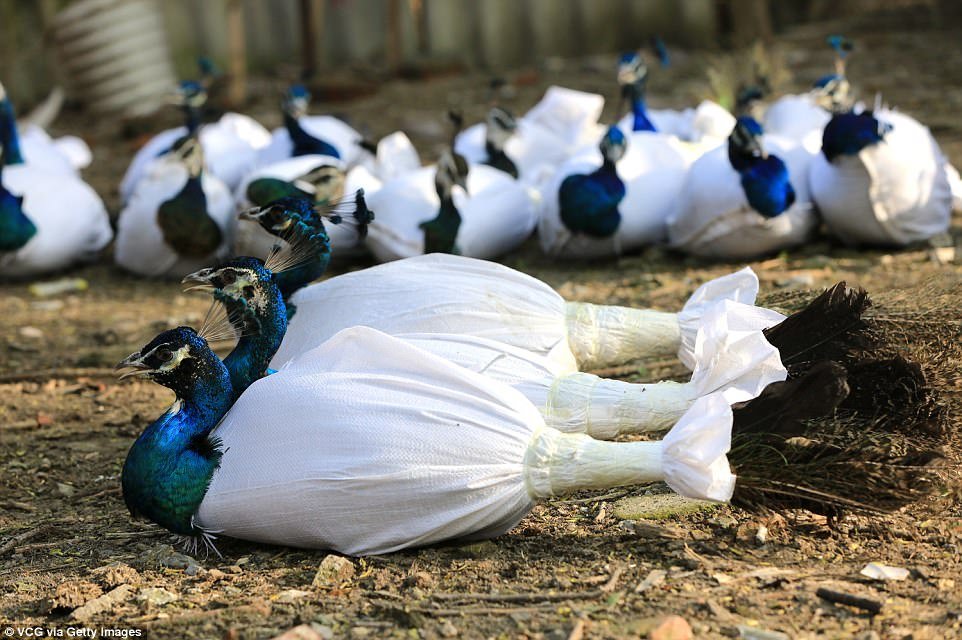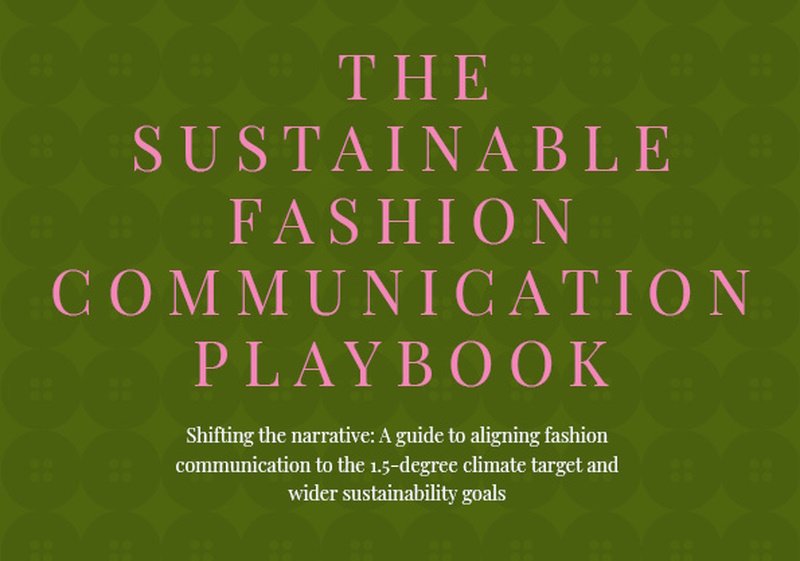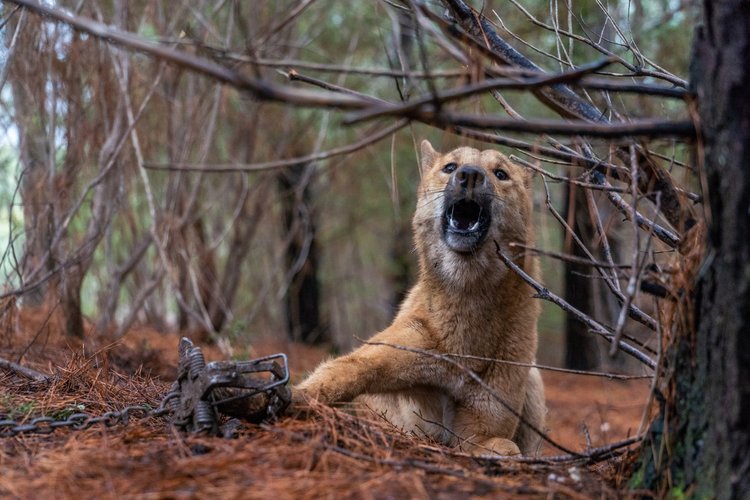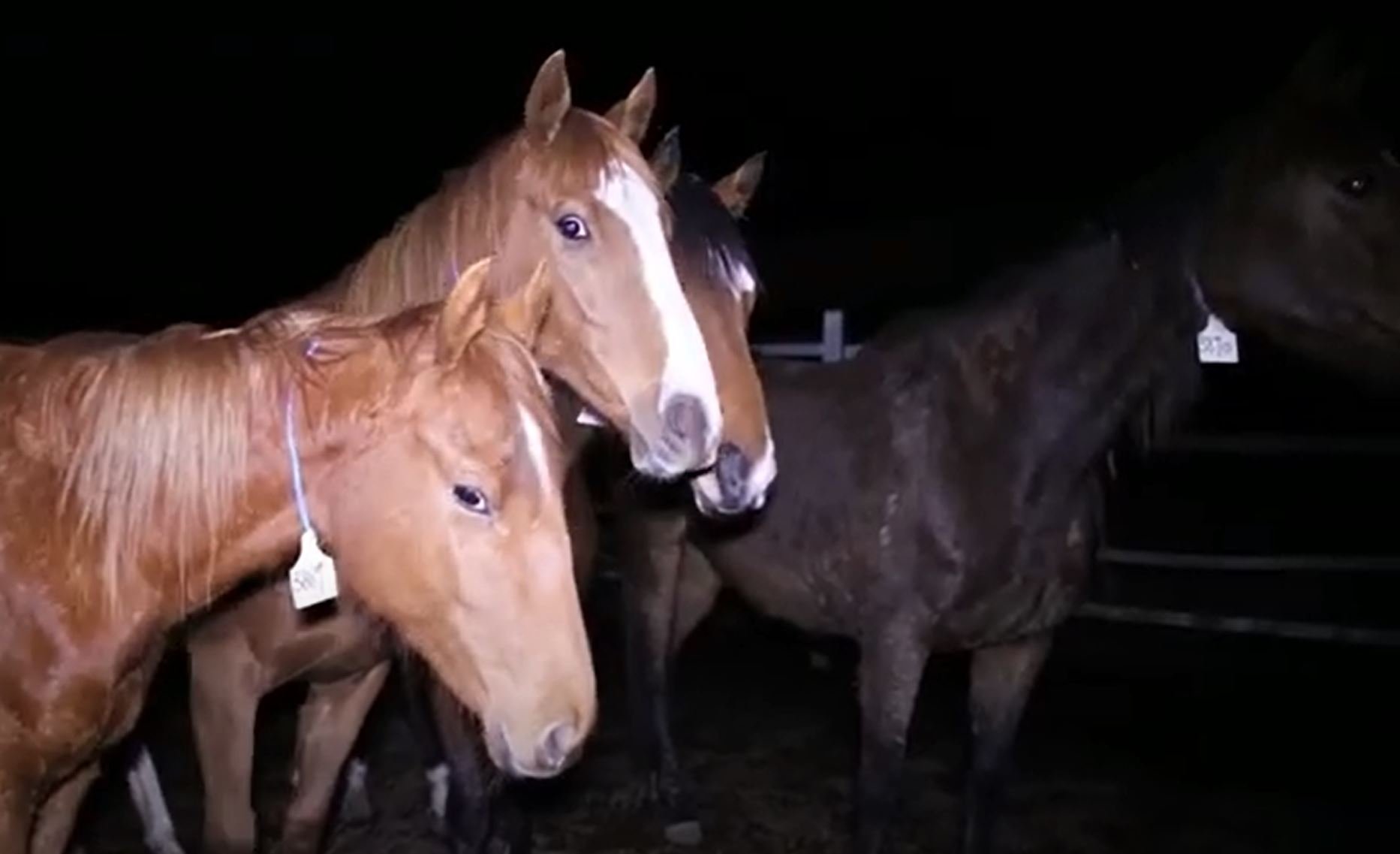Investigation shows ZQ certified ‘ethical’ wool farm cruelty and abuse of sheep
A new investigation has uncovered the abuse of sheep on a farm certified by ZQ, which in turn meets Responsible Wool Standard (RWS) requirements.
New report reveals leather industry green-washing and political lobbying against positive progress
Our new report uncovers a social media-led disinformation campaign by the leather industry, mirrored by industry lobbying against regulation and political reform towards sustainable and ethical fashion.
NYC Council report recommends fossil fuel and animal-derived material phase out, other sustainability changes
Collective Fashion Justice is proud to have played a role in this positive progress.
Five changes we need from fashion, to protect people, our fellow animals and the planet
To fully realise a vision of total ethics fashion where people, animals and the planet are prioritised ahead of profit, a lot more must be done.
The EU is mandating changes to reduce fashion’s impacts: here’s what you need to know
The European Union has passed a set of measures to reduce fashion’s impact on people, our fellow animals and the planet. Here’s what you need to know about these and other new EU regulations, how they move us towards a total ethics fashion system, and what we still need to do to make that a reality.
The Australian crocodile skin industry’s practices are being reviewed by the Government
The Australian Federal Government is reviewing the Code of Practice on the ‘Humane Treatment of Wild and Farmed Australian Crocodiles’, which is the Code regulating the Australian industry selling skins to the likes of Hermès and Louis Vuitton.
Consumers oppose feather cruelty, but they’re being misled by fashion brands.
New independent polling commissioned for our report with World Animal Protection explored public perceptions across Australia and the United Kingdom regarding the use of feathers from wild animals in fashion.
‘Regenerative leather’ is a myth – here’s why
Regenerative leather promises to allow us to continue to rearing animals in fashion supply chains, without harming the climate or land. But is this really possible? The best available data states that this ‘solution’ is not all that it promises to be..
The United Nations is calling for fashion to move beyond pushing over consumption
The UNEP’s new ‘Sustainable Fashion Communications Playbook’ shows how the fashion industry can use its influence to shape responsible decisions, with people buying less and better — protecting people, animals and the planet.
Australians are being misled by the fashion industry
Collective Fashion Justice commissioned new polling to support its recommendations for an Australian federal government inquiry into green-washing, and found that the expectations people have for ‘sustainable’ and ‘ethical’ garment labels aren’t being met.
New polling highlights the need for further green-washing prevention action in the US
We commissioned new polling to help improve the fashion industry’s understanding of how advertising terms can mislead people. Here’s some of what we learned, and all of the data.
The 10 best films and short videos to learn about ethical fashion
Cinema is an incredibly powerful medium which can help us break down big ideas and encourage us to take action. Films exploring how fashion treats people, our fellow animals and the planet are gateways to reality and reevaluation.
Fashion is failing to address the cow in the room
While our analysis of fashion media highlights how cows are ignored in discussions of responsible leather production, fashion brands themselves fail to produce animal protection policies that actually work.
Here’s how paying living wages and ‘total ethics fashion’ can help solve the industry’s climate crisis
When we ignore how sustainability and ethics intersect, we miss an opportunity for green change. Could paying living wages to the people who make our clothes be a critical solution towards improving fashion’s planetary impact?
How can I get active for total ethics fashion in my community?
If you’re passionate about total ethics fashion that protects people, our fellow animals and the planet before profit, engaging your community is a great way to help make change. Here are a few ways you can get started.
Questions to ask brands before supporting them
We have an enormous amount of power as citizens. The fashion industry exists to clothe us, and so we influence the fashion industry not only by voting with our dollar, but by telling the fashion industry what we think is important, and what we want to see from it.
Leather is not a natural or sustainable by-product, it’s a profitable material produced at the expense of the planet
Our new report explores the interconnected environmental harms caused throughout the leather supply chain. From wildlife risks and biodiversity destruction to a contribution to the climate crisis, there’s plenty to unpack here.
Native dingoes and other canids killed by the wool industry, causing ecosystem disruption
Across top wool producing country, Australia, native dingoes are trapped, poisoned and shot by the wool industry. The now extinct Tasmanian tiger was similarly persecuted, and such stories are mirrored in other wool producing countries, with native wolves in the United States and foxes in the United Kingdom killed, too.
How does leather production harm people?
Our new report series explores the interlinked harms caused by leather production, first, highlighting the human rights violations, unjust payments and labour injustices across the leather supply chain.
Fast facts on the cruelty of horse racing, and fashion’s support of it
Florals, fun and fancy frocks are promised as part of the annual Spring Racing season which sees the horse racing and fashion industries partner up for the sake of profit. Behind the scenes, intense cruelty to horses persists..
